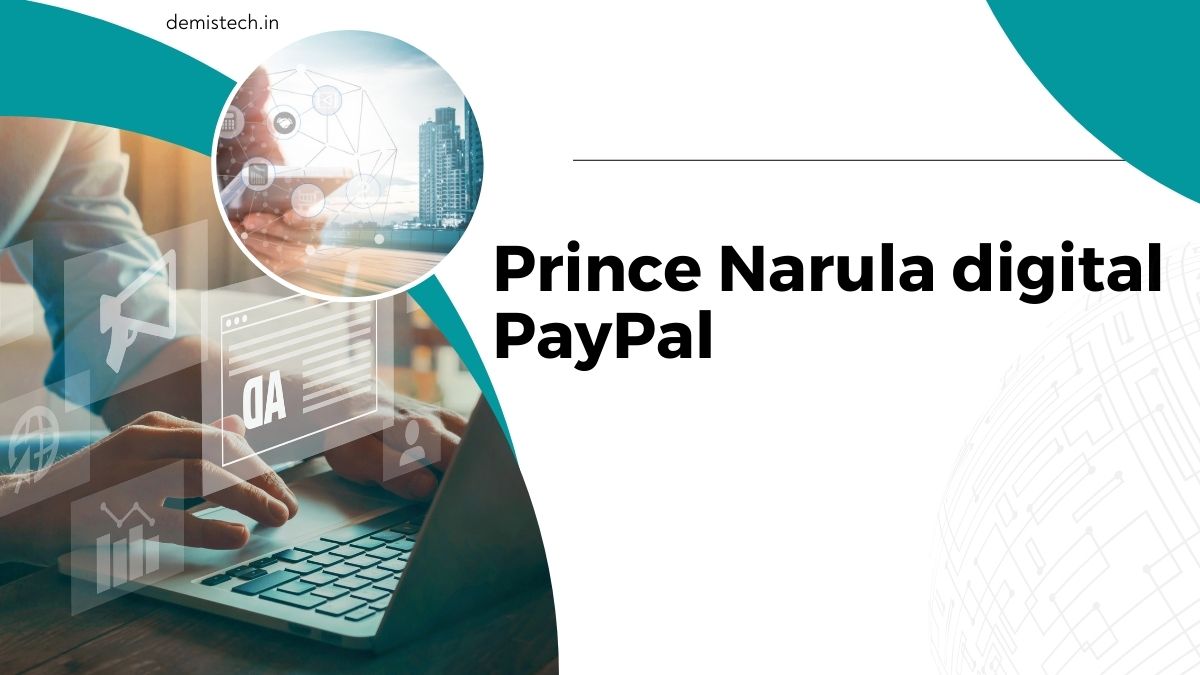In today’s dynamic job landscape, the concept of a lifelong career in a single industry is increasingly becoming a relic of the past. The allure of exploring new professional horizons is tantalizing, promising rejuvenation and growth, yet it can feel akin to standing at the edge of a daunting precipice. Why are so many professionals choosing to leap into the unknown? Whether it’s the pursuit of passion, the desire for greater flexibility, or the quest for personal fulfillment, the reasons are as varied as the individuals themselves. This journey, however, is not without its challenges. It demands meticulous planning, strategic foresight, and an adaptable mindset. In this guide, we illuminate the pathways to a seamless career transition, equipping you with actionable strategies to transform your professional aspirations into reality.
Building the Bridge: Seamlessly Fill Skill Gaps for a Smooth Transition
To effectively move into a new industry, it’s crucial to conduct a comprehensive skills gap analysis. This process involves a thorough assessment of the skills required in your target field, informed by industry trends and future directions. Imagine you’re planning a camping trip; you’d check the weather forecast to ensure you’re prepared. Similarly, you need to categorize your skills into levels like basic, proficient, and expert, and evaluate where you stand. Utilizing tools like 360-degree evaluations can help you identify gaps and develop a plan to bridge them, ensuring your skill set aligns with your new career path.
Cultivating Connections: Unlock Insights with Strategic Networking
Networking is a powerful tool when you’re looking to pivot into a new industry. By attending industry-specific events and conferences, you can connect with key individuals and gain fresh perspectives. Leveraging platforms like LinkedIn allows you to expand your network through strategic introductions and targeted outreach. Engaging with professionals from diverse disciplines can offer unexpected insights, helping you bridge the knowledge gap between your current expertise and your new career path. Building genuine relationships and nurturing them over time can lead to valuable mentorship opportunities that are crucial for career transformation.
Showcasing Strengths: Highlight Transferable Skills and Unique Value
When contemplating a career shift, especially across different industries, it’s essential to craft a personal brand that highlights your transferable skills and unique value proposition. Identify abilities like communication or problem-solving that are applicable in your new field. Articulate what distinct advantage you bring, setting you apart from others. Platforms like LinkedIn are great for showcasing these skills through targeted keywords and compelling stories. By strategically presenting your skills and value, you increase your chances of a successful transition into your desired industry.
Embracing New Norms: Adapt to Industry-Specific Cultures
Understanding the cultural and operational nuances of your new industry is crucial for a successful transition. Every industry has its unique set of norms and workflows. For instance, if you’re moving into retail, be prepared for a customer-centric environment where adaptability is key. Similarly, if you’re shifting to manufacturing, expect an emphasis on digital transformation and sustainability. Familiarizing yourself with these nuances beforehand will better equip you to adapt and thrive in your new professional arena.
Investing in Knowledge: Expand Expertise with Educational Opportunities
Enhancing your credentials through targeted educational opportunities can significantly boost your career transition success. With the growing emphasis on lifelong learning, taking courses in emerging fields like machine learning and big data can keep you relevant. Platforms offering certification courses tailored to diverse fields enable you to upskill effectively. Embracing these educational avenues not only enhances your expertise but also significantly boosts your appeal to potential employers.
Financial Foundations: Plan for a Secure Career Shift
Meticulous financial planning is crucial when considering a career shift. Start by assessing your current financial situation, including income, expenses, and savings, to establish a baseline for your budget. Forecast the costs associated with your career move, such as educational expenses or potential income changes, and build a robust emergency fund covering three to six months of living expenses. Consider reducing any high-interest debt to free up income, providing a more secure financial footing during the transition. These strategies can help you smoothly navigate your career transition without undue financial stress.
Crafting Impact: Create a Professional Resume That Stands Out
When embarking on a career transition, ensuring your resume is both professional and compelling is key to attracting potential employers. Gather all your relevant professional information and structure your resume with a clear and concise summary that highlights your transferable skills. Emphasize work experiences that demonstrate accomplishments with quantifiable results. To ease this process, consider using an online resume builder that offers a variety of professionally designed templates. This approach not only streamlines resume creation but also enhances your chances of standing out in a competitive job market.
Diving headfirst into a career change is undoubtedly an audacious yet rewarding endeavor. It’s an exploration that transforms uncertainty into opportunity, where each step taken resonates with your renewed sense of purpose and ambition. As you stand on the brink of this transformation, remember that the amalgamation of your past experiences, newfound skills, and strategic foresight forms the scaffold on which you’ll build your next chapter. Let the anticipation of unlocking new potential and writing an inspired professional narrative propel you forward. With the strategies outlined, your career transition is not just a leap of faith but a calculated stride towards a future filled with promise and fulfillment.




